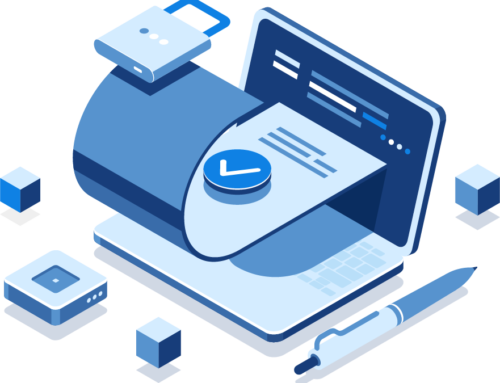While it was once seen as a passing fad, the internet is now a regular part of our everyday lives, from work to recreation. The same is true for our children: young people use the internet for everything from entertainment and shopping to schoolwork and keeping in touch with friends and family. However, for all of the good the internet brings, it is also a source of harmful content, often found without the user’s intention. A recent study published in the Journal of Adolescent Health shows that one in five youths aged 9-17 see unwanted sexual material online. This, along with the potential for cyberbullying and encounters with online predators, offers several reasons to be concerned for our children’s online safety.
To address these risks, some parents have turned to web filtering to limit their children’s access to harmful content. By screening certain online content based on established filters, parents can block access to specific sites or certain types of content. While it isn’t a “silver bullet” solution to the potential dangers of the internet, it is a powerful safeguard that eliminates some of the more obvious sources of harmful online content while providing helpful information regarding internet usage.
Blocking Adult Content
The most obvious reason to implement web filtering is to protect your children from inappropriate or adult content while on the internet. The internet has a major issue with adult-centric content showing up in children’s spaces. This can range from pop-up ads promoting adult-oriented products to websites advocating illegal behaviors. Even an innocuous search for a popular movie or cartoon can lead to explicit, pornographic, or simply age-inappropriate material.
Some web filtering software allows you to set specific perimeters regarding what content is filtered out, allowing you to adjust the settings to your specific needs. For instance, if you have older children, you can dictate that certain mature content is acceptable, while still blocking out pornographic content, nudity, or other materials that you want to keep them away from. Additionally, some filtering software allows you to set certain categories as being acceptable to view while also sending an email alert when such content has been accessed.
Strengthening Cybersecurity
Along with the obvious benefits to children’s health and wellness, web filtering can also ensure that your computers, cellphones, tablets, and other online-capable devices are safe. The internet is rampant with viruses, malware, and other harmful programs that can slow down your devices or steal personal information for nefarious purposes. This most often occurs from internet users traversing less than secure websites, clicking on suspicious links, or accidentally exposing passwords or other private data.
Hackers are always looking for low hanging fruit, and web filtering can help make sure your children don’t become those fruit. Though web filtering does not take the place of a complete cybersecurity package, it does help to mitigate the potential for security breaches by steering children away from the shadier side of the internet.
Keeping a Watchful Eye
As the Department of Justice has noted, filtering technology is not perfect: it is possible that some “desirable material” could be unintentionally blocked, and in some cases harmful content may still get through a filter. However, the consistency and scope of harmful content that is covered is an obvious improvement over the lack of security and safety offered by an unprotected internet connection. When coupled with proper internet safety guidelines and an education of the potential dangers the world wide web has to offer, internet filtering helps parents feel safe and secure in the fact that their children are protected from harmful online content.





